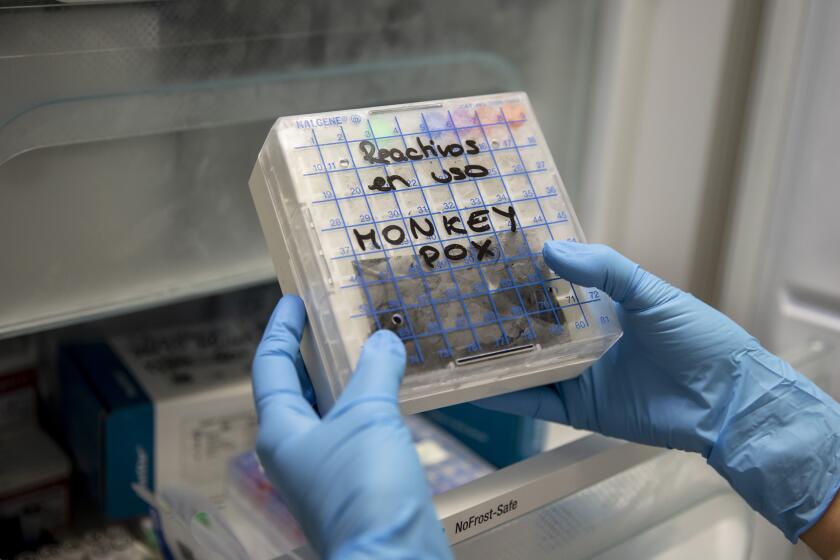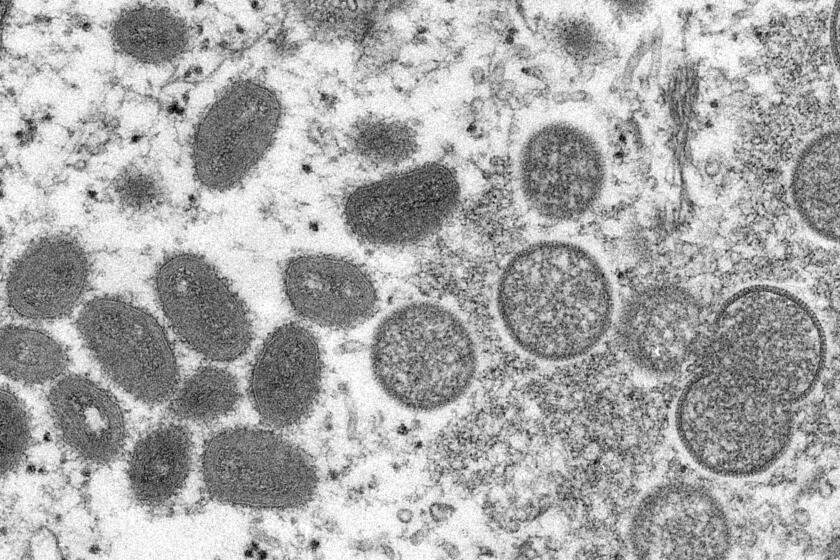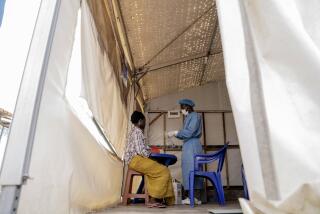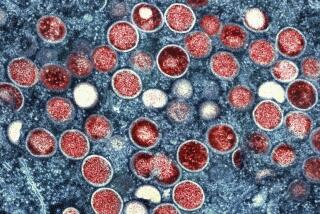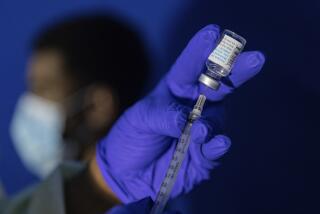U.S. plans to expand Monkeypox vaccinations to curb outbreak
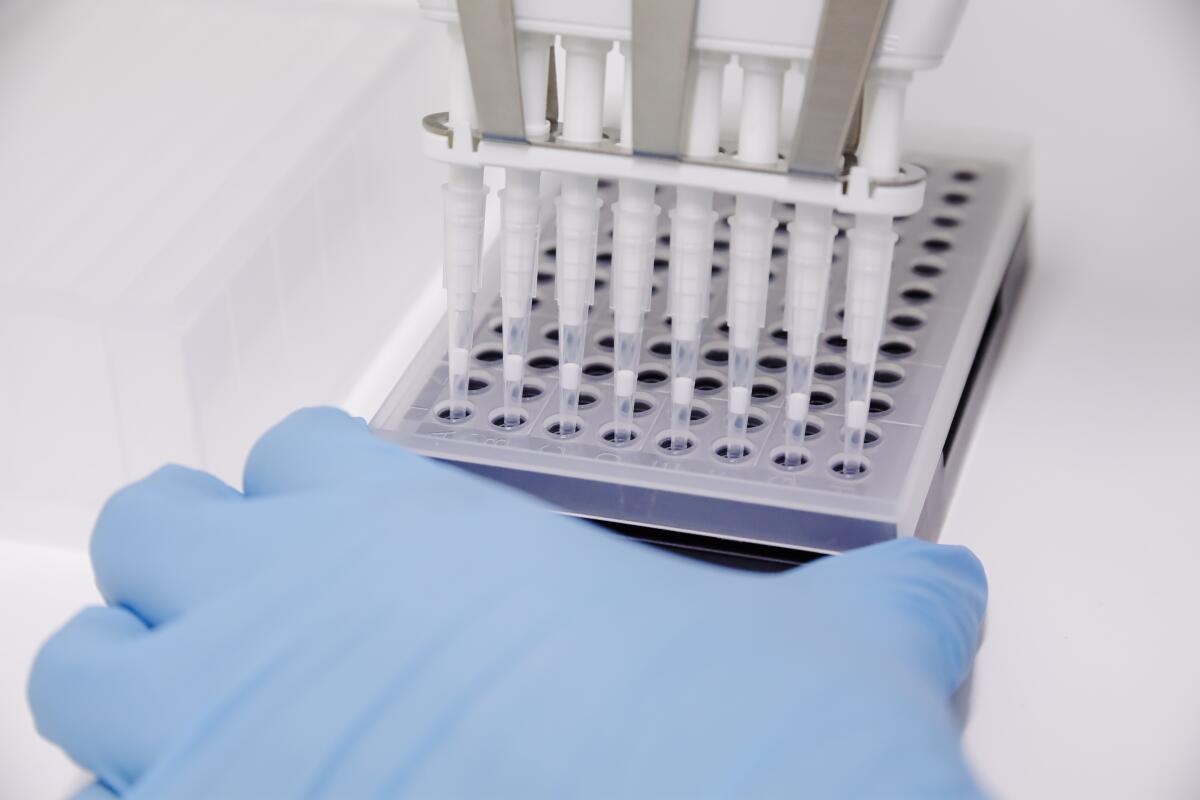
NEW YORK — Reacting to a surprising and growing monkeypox outbreak, U.S. health officials on Tuesday expanded the group of people recommended to get vaccinated against the monkeypox virus.
They also said they are providing more monkeypox vaccine, working to expand testing, and taking other steps to try to get ahead of the outbreak.
“We will continue to take aggressive action against this virus,” said Dr. Ashish Jha, White House COVID-19 response coordinator, who has also been playing a role in how the government deals with monkeypox.
The Biden administration said it was expanding the pool of people who are advised to get vaccinated to include those who may realize on their own that they could have been infected.
Riverside and Santa Clara counties reported their first probable cases of monkeypox this week while the number of confirmed cases continues to grow throughout California.
Most monkeypox patients experience only fever, body aches, chills and fatigue. People with more serious illness may develop a rash and lesions on the face and hands that can spread to other parts of the body.
The disease is endemic in parts of Africa, where people have been infected through bites from rodents or small animals. It does not usually spread easily among people.
Last month, cases began emerging in Europe and the United States. Many — but not all — of those who contracted the virus had traveled internationally. Most were men who have sex with men, but health officials stress that anyone can get monkeypox.
Case counts have continued to grow. As of Tuesday, the U.S. had identified 306 cases in 27 states and the District of Columbia. More than 4,700 cases have been found in more than 40 other countries outside the areas of Africa where the virus is endemic.
There have been no U.S. deaths, and officials say the risk to the American public is low. But they are taking steps to assure people that medical measures are in place to deal with the growing problem.
One of the steps was to expand who is recommended to get vaccinated. Vaccines customarily are given to build immunity in people before they are ever infected. But if given within days or even a few weeks of first becoming infected, some vaccines can reduce severity of symptoms.
The World Health Organization is creating a vaccine-sharing mechanism to stop the monkeypox outbreak in countries beyond Africa.
A two-dose vaccine, Jynneos, is approved for monkeypox in the U.S. And it is that vaccine that officials have been trying to use as a primary weapon against the outbreak.
U.S. officials on Tuesday said said they are increasing the amount of Jynneos vaccine they are making available, allocating 56,000 doses immediately and about 240,000 more over the coming weeks. They promised more than 1 million more over the coming months.
Another change: Until now, the Centers for Disease Control and Prevention has advised that vaccines be given after exposure to people whom health officials identify as close personal contacts of cases. But on Tuesday, CDC officials say they are expanding the recommendation to people who were never identified but may realize on their own that they may have been infected.
That can include men who have sex with men who have recently had multiple sex partners in a venue where there was known to be monkeypox or in an area where monkeypox is spreading.
“It’s almost like we’re expanding the definition of who a contact might be,” said the CDC’s Jennifer McQuiston. If people have been to a party or other place where monkeypox has been known to spread “we recommend they come in for a vaccine,” she said.
More to Read
Sign up for Essential California
The most important California stories and recommendations in your inbox every morning.
You may occasionally receive promotional content from the Los Angeles Times.
